Why Should We Conserve the Red Squirrel?
This is an important question. Most of the publicity promoting conservation of red squirrels focuses heavily on the threat from grey squirrels. There is little focus on the ecological importance of red squirrels.
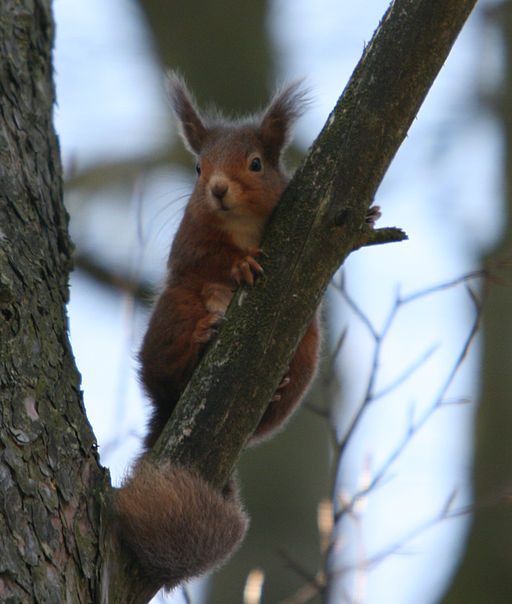 Image: Alan Edwards [CC BY-SA 2.0 (http://creativecommons.org/licenses/by-sa/2.0)], via Wikimedia Commons
Image: Alan Edwards [CC BY-SA 2.0 (http://creativecommons.org/licenses/by-sa/2.0)], via Wikimedia Commons I wrote an article back in September, “The importance of conserving red squirrels”. That article focused on the importance of conservation efforts to prevent the extinction of red squirrels, which are competing against the invasive grey squirrel. In November, I received an interesting comment on this article from Ewan, he said: “If they were gone would it have an adverse affect on anything else? I do not mean to sound negative, I’m simply very curious!” This is an important question. Most of the publicity promoting conservation of red squirrels focuses heavily on the threat from grey squirrels. There is little focus on the ecological importance of red squirrels.
Firstly, both species of squirrel have an almost identical ecological niche; so both have a similar role in an ecosystem. They are both small arboreal mammals that feed on seeds, nuts, berries, fungi etc. This is important for woodland ecosystems, because they spread the seeds of trees and they also spread the spores of mychorrizal fungi. These fungi form symbiotic relationships with trees and are incredibly important to their survival. I have discussed this in another of my articles: “Fungi: the hidden helper of our woodlands”. Red squirrels are particularly important because they are better suited to spread the seeds of coniferous trees; being specially adapted to feed on the seeds in their cones. Grey squirrels, however, tend to favour deciduous woodland where many other animals spread the seeds of trees, such as birds. Reds are therefore an important asset in the regeneration of our coniferous woodlands.
Squirrels also strip the bark from trees to feed on sap. This can have an adverse effect on trees, making them susceptible to fungal infections. Unlike reds, grey squirrels have high population densities and therefore can cause significantly more damage to trees. Studies also show that grey squirrels are directly competing with birds that rely on deciduous trees for food and nesting sites.
If red squirrels became extinct in the UK it could have a negative impact on our woodlands, particularly coniferous woodlands, which are favoured by species such as the goshawk, pine martin and wildcat. Grey squirrels fill an already occupied niche, and as well as damaging trees, they directly compete with other inhabitants of deciduous woodlands.

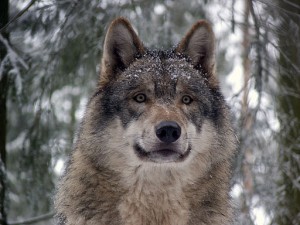
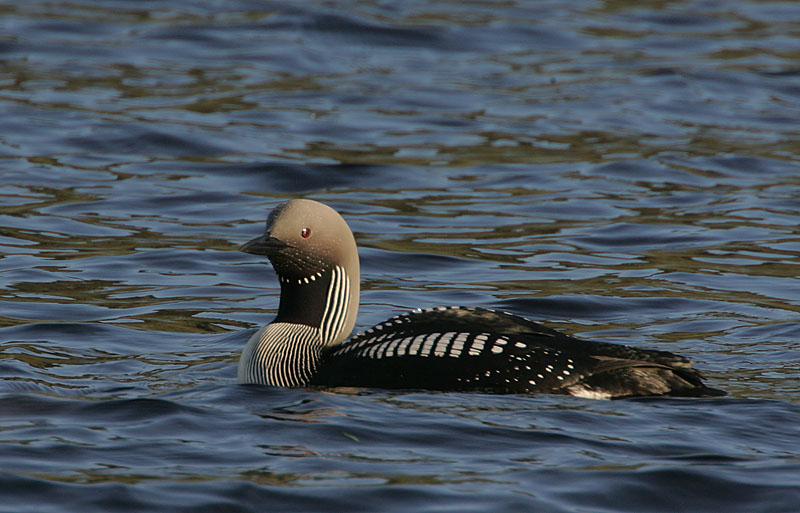
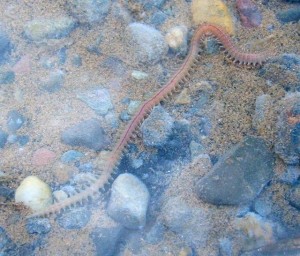
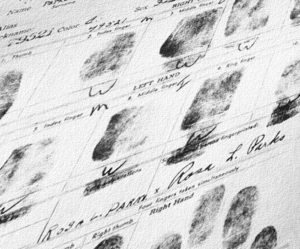
5 Comments
Grey squirrels also predate bird nests and this is impacting on bird numbers. Reds eat eggs as well, but greys require nearly ten times as much food per acre as reds, due to higher densities and higher food requirements of greys. Greys are more damaging to bird numbers than reds as a result.
I rescued 2 baby red squirrels from a fallen tree where the rest of their family perished. They were 1-2 weeks old, cold and dehydrated. They pulled through. They are now about 10 weeks old. As much as I love and want to keep them, my heart tells me to set them free. I’d like to know I’m making the best decision for them. We have a 300 acre ranch in Sharon, Idaho.
THANK YOU SO MUCH!! I have searched on google a thousand times to see how would the ecosystem change if red squirrels got extinct (for a school project) and I FINNALY got my answer!!!! THANK YOU!!!
I don’t know the science, but I have experienced squirrel activity for 40 years on my 10 acre old farm house land. The greys nest in the trees , forage for butternuts , that I have plenty of. (pretty chill) The reds constantly harass the the Greys that are twice their size. Very aggressive.They find their way into my barns and home and do incredible damage. I could say it is I who is impeding on their territory but this home has been here since 1815. Im hoping I have a small stake in the claim of the property. If red squirrels were gone …… I would not be sad.
I live in the Isle of Man in the UK , the Island has no squirrels, moles, stoats, snakes, otters, foxes, ….the list goes on(of what species we Don’t have here) my question is why? if there is a danger if the grey squirrels depleteing the Red squirrel population in the UK, why don’t they look at introducing them here (the Isle of Man) where they would not have to Compete with the grey s as the are none ? ? Just a thought ✊